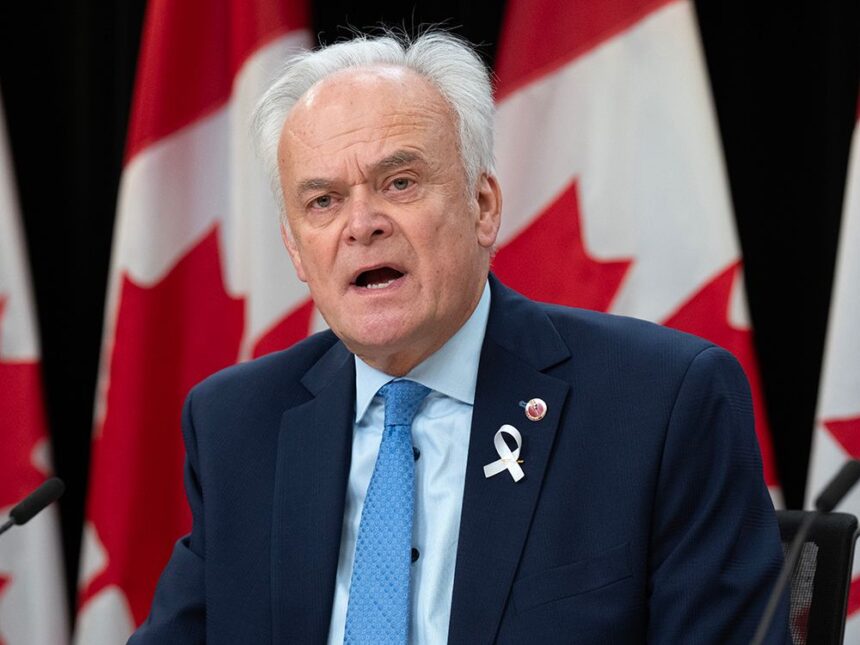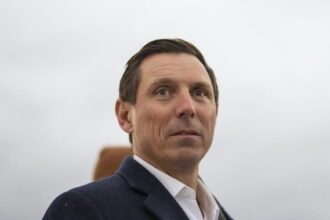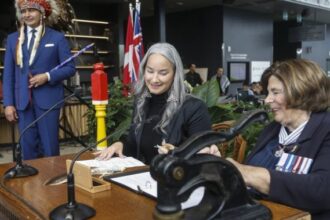In the quiet corridors of Canada’s diplomatic establishment, a storm is brewing. Mark Carney, the former central bank governor turned Liberal heavyweight, has unleashed what may be the most significant shake-up of Canada’s foreign service in decades—and not everyone is applauding.
“Our diplomatic corps needs to be rebuilt and refocused,” declared Carney in his comprehensive economic policy review released last week. The document pulls no punches, describing a foreign service that has “atrophied” while emphasizing the need for deep structural changes to help Canada navigate an increasingly complex global landscape.
The call for reform comes at a pivotal moment for Canadian diplomacy. Foreign Affairs Minister Mélanie Joly has pledged to release a new foreign policy strategy by year’s end, following months of consultations with experts and stakeholders nationwide. This convergence of initiatives suggests a growing consensus within Liberal ranks that Canada’s international engagement apparatus requires significant modernization.
Former Canadian ambassador to China Guy Saint-Jacques expressed qualified support for the reform push. “I’m pleased to see this high-level recognition that our diplomatic service needs strengthening,” he told CO24 News. “However, the devil will be in the details of implementation.”
The proposed overhaul includes several ambitious elements. Carney advocates establishing specialized diplomatic tracks focusing on areas such as economic and commercial interests, security matters, and climate policy—moving away from the current generalist model. Additionally, he suggests creating a dedicated cadre of “super-ambassadors” with broad regional responsibilities.
Perhaps most controversially, the plan calls for integration of development aid initiatives with trade promotion and diplomatic efforts—a proposal that has raised eyebrows among international development experts concerned about potential conflicts of interest.
“Merging development with commercial interests risks subordinating poverty reduction goals to business objectives,” cautioned Alex Neve, former secretary general of Amnesty International Canada. “There’s a delicate balance to maintain.”
The reform push emerges against a backdrop of documented decline in Canada’s diplomatic influence. The country’s contributions to international institutions have diminished relative to economic peers, while stagnant budgets have constrained Global Affairs Canada’s operational capacity. A recent parliamentary committee report identified significant morale issues within the department, with career diplomats expressing frustration over limited advancement opportunities and increasingly politicized appointments.
Colin Robertson, a former diplomat and vice president of the Canadian Global Affairs Institute, sees both opportunity and risk in the proposed changes. “Our diplomatic corps has historically punched above its weight, but that reputation has eroded in recent years,” he noted. “Modernization is necessary, but must be implemented thoughtfully to preserve institutional knowledge.”
For the approximately 12,000 employees of Global Affairs Canada, including roughly 2,400 foreign service officers, the prospect of significant organizational change is causing understandable anxiety. Many career diplomats have privately expressed concerns about potential disruption to ongoing initiatives and institutional memory loss.
Finance Minister Chrystia Freeland, herself a former foreign affairs minister, has publicly endorsed Carney’s calls for reform. “The global environment is rapidly evolving, and our diplomatic infrastructure must evolve with it,” she stated during a recent economic policy address.
Opposition parties have offered mixed reactions. Conservative foreign affairs critic Michael Chong criticized the Liberal government for what he characterized as “years of neglect” of diplomatic capabilities, while acknowledging the need for modernization. NDP foreign affairs critic Heather McPherson expressed concern about potential privatization of diplomatic functions and emphasized the importance of maintaining Canada’s commitment to human rights advocacy.
As the Trudeau government contemplates these sweeping changes, fundamental questions about Canadian foreign policy identity remain unresolved. Should Canada prioritize economic interests over traditional values-based diplomacy? How can limited resources be deployed most effectively in an era of great power competition? And perhaps most importantly, what unique role can Canada play on the world stage at a time when middle powers face growing pressure to choose sides?
The answers to these questions will shape not just the structure


















